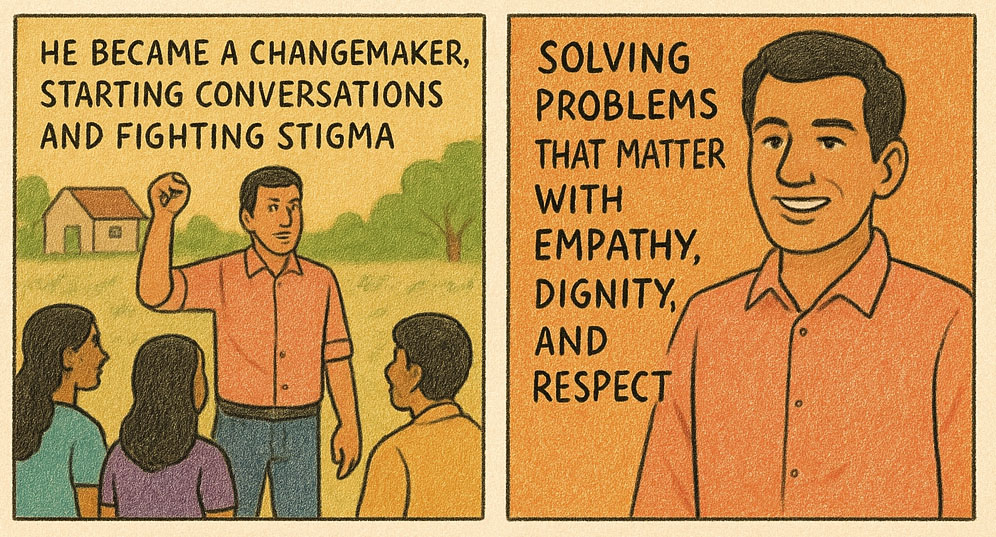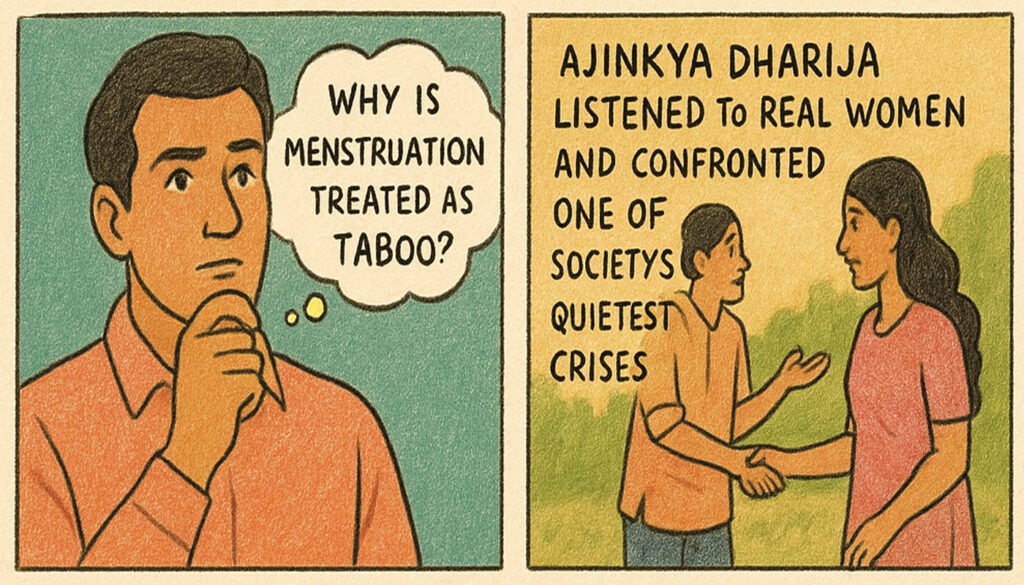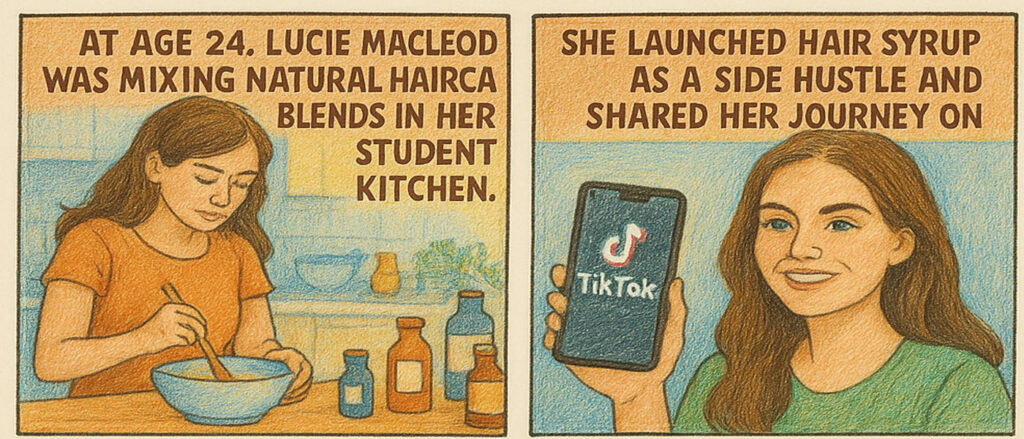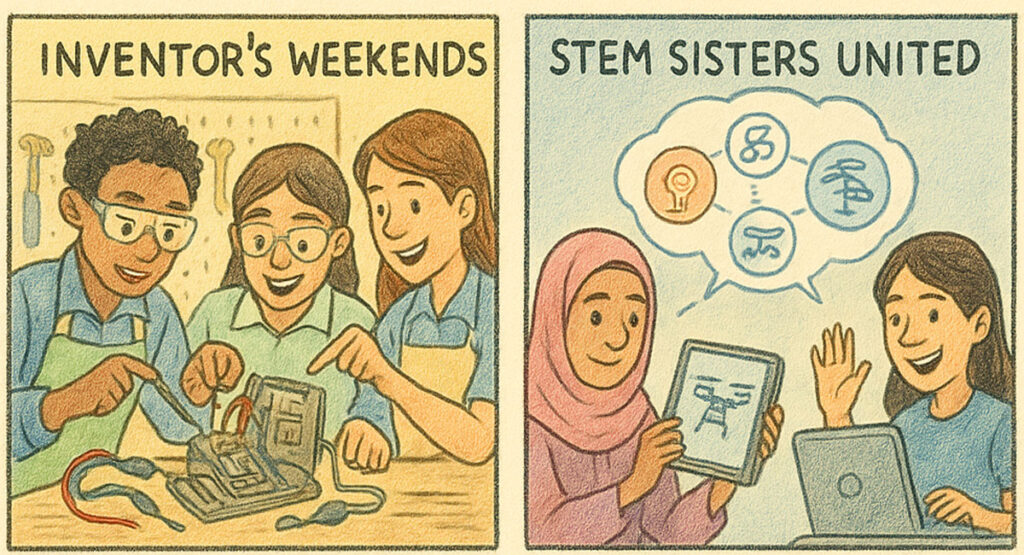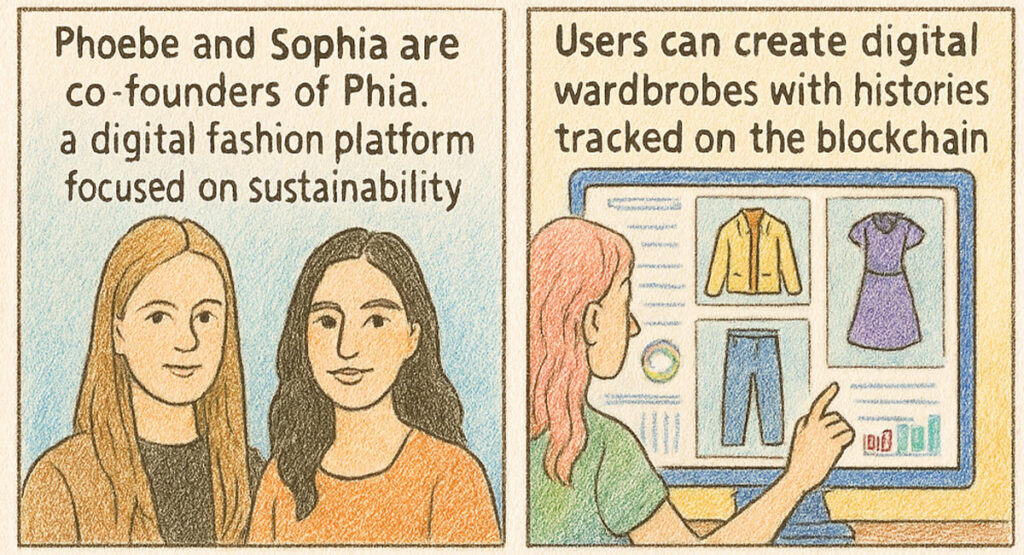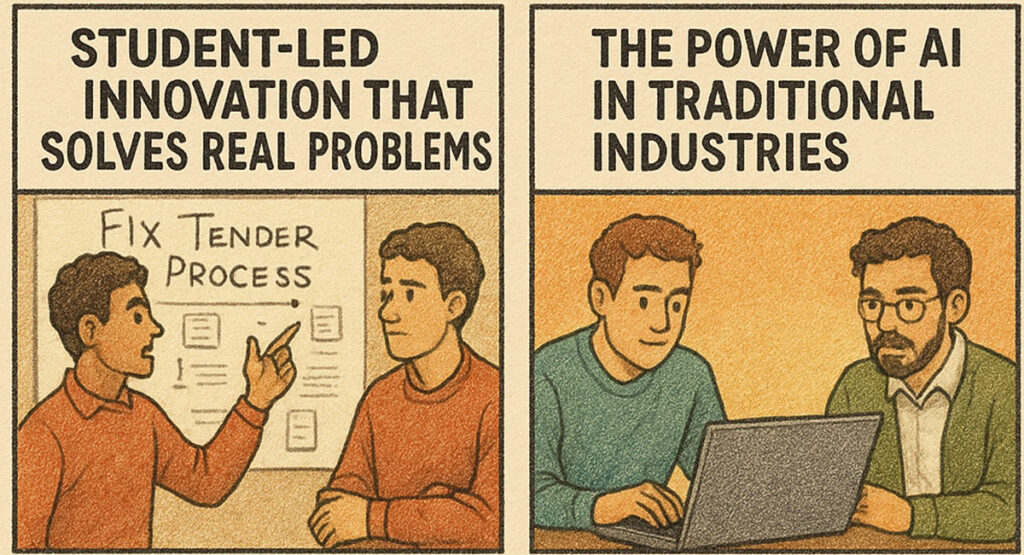Ajinkya Dhariya grew up with a question in his heart and a mission in his mind: Why is something as natural as menstruation treated as taboo, ignored by science, and burdened by shame? That question didn’t just remain in his thoughts—it became the seed of an innovation that would transform lives across India and beyond.
Born with an instinct to solve real-world problems, Ajinkya wasn’t content with surface-level solutions. As a mechanical engineer, his passion always tilted toward solving issues that intersected health, dignity, and the environment. The spark behind PadCare Labs came during a social innovation challenge. He stumbled upon a shocking reality: millions of women lacked access to safe, hygienic menstrual care, and used sanitary napkins were being disposed of in ways that harmed both people and the planet.
That realization led to something bigger than just a business idea—it led to a movement.
He founded PadCare Labs, a venture at the intersection of technology, dignity, and sustainability. His dream was not to simply treat the symptoms of poor menstrual hygiene, but to reinvent the entire system—end to end. The innovation was not just in the sanitary pad disposal unit, but in the mindset he inspired across communities.
At the heart of PadCare’s innovation was a brilliant, science-backed device—a sanitary napkin disposal system that doesn’t just store or burn pads but sterilizes and recycles them. With five-step sterilization and a focus on circular economy, PadCare’s invention made menstrual hygiene manageable, respectful, and environmentally friendly. For the first time, women in workplaces, schools, and rural areas had a way to manage menstrual waste with dignity.
But Ajinkya’s story was never just about technology. It was about empathy-driven entrepreneurship. He didn’t just sell machines—he started conversations. He entered villages and corporate offices, schools and factories, raising awareness about menstruation with grace, clarity, and courage. He faced skepticism, discomfort, even ridicule—but he pressed forward. Because for him, silence was not an option.
His efforts drew support not just from institutions, but from the hearts of the women whose lives were transformed. Thousands of women across India gained access to safe disposal options, helping break down generational taboos. Waste workers, too, were spared from the health risks of manually handling used pads.
Ajinkya’s story also resonated with environmentalists. Sanitary pads take hundreds of years to decompose. By innovating a system that recycles menstrual waste into reusable resources, PadCare Labs also offered a powerful answer to the growing problem of non-biodegradable waste.
But behind all the awards and recognition, what truly defines Ajinkya Dhariya is his unwavering belief that innovation should serve humanity. That entrepreneurship should create systems of care, not just commerce. That dignity is a birthright, not a privilege.
Through PadCare, Ajinkya redefined what it means to be an entrepreneur. He became a changemaker, a reformer, and a quiet warrior for women’s health. He built machines, yes—but more importantly, he built bridges: between technology and empathy, between sanitation and sustainability, between discomfort and open conversation.
His journey is a reminder that when purpose leads and courage follows, even the most stigmatized topics can be turned into platforms of hope. Ajinkya Dhariya turned a whisper into a voice, and that voice into a solution—one that echoes in homes, schools, offices, and hearts across the country.
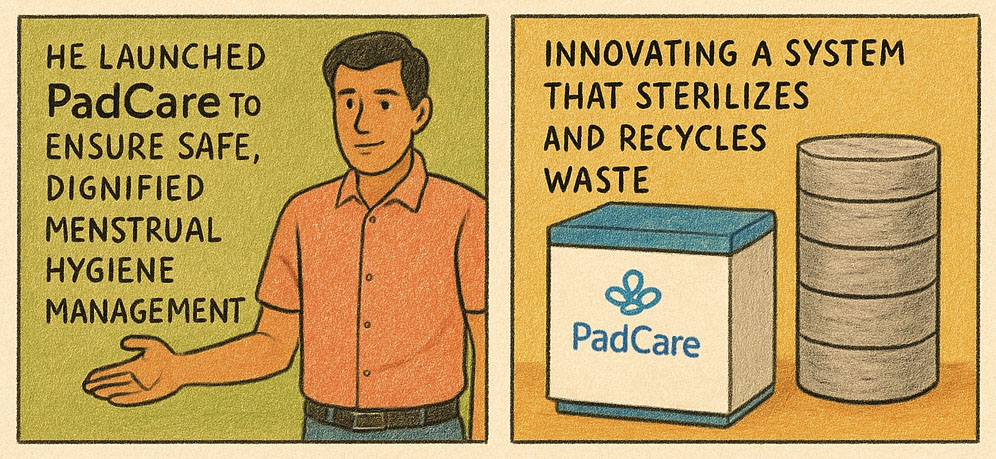
Ajinkya Dhariya’s journey isn’t just about invention—it’s about redefining leadership in the most human way possible. He didn’t build PadCare Labs in a sterile lab with spreadsheets and statistics; he built it by walking through real communities, listening to real women, and confronting one of society’s quietest crises head-on.
One of the most powerful topics his story opens up is the courage to innovate in uncomfortable spaces. Most people shy away from talking about menstruation. Ajinkya leaned into it. In a country where even saying the word “period” can make people look away, he stood at the crossroads of discomfort and action—and chose action. His story reminds us that the most meaningful innovations often begin where society tells you not to look.
Another inspiring thread is how he combined empathy with engineering. Too often, we see tech as cold and clinical—but Ajinkya fused it with compassion. He asked, “How can we make this safer for women, and also for sanitation workers?” He didn’t stop at solving a problem for one group; he widened the circle of care.
PadCare’s evolution also opens a powerful conversation about social impact entrepreneurship. Ajinkya didn’t just want to build a profitable business. He wanted to build a movement where profits follow purpose. He reminds us that you can scale a startup and a mission simultaneously—and you don’t need to compromise your values to do it.
He also sparked dialogue around men’s role in menstrual equity. As a male founder tackling a topic society often paints as “women’s only,” Ajinkya shattered stereotypes. He showed that advocacy doesn’t need a gender, only a heart that refuses to stay silent. His presence in this space challenged norms and helped bring more male allies into the conversation.
Another striking theme is the balance of humility and ambition. Ajinkya didn’t storm the world demanding attention. He let his work speak. He built patiently, partnered deeply, and grew wisely. His journey proves that quiet, focused commitment can outperform loud, empty hype.
And finally, Ajinkya’s life is a celebration of dignity as a driver of design. Every product PadCare built—from the sleek sanitary napkin disposal units to the backend recycling process—was designed not just for function but with respect in mind. Respect for women. Respect for workers. Respect for the earth.
Ajinkya’s legacy is still being written. With every school PadCare enters, with every village that embraces menstrual dignity, his story grows. And through that story, a new generation learns that innovation isn’t about shiny tech—it’s about solving problems that matter.
